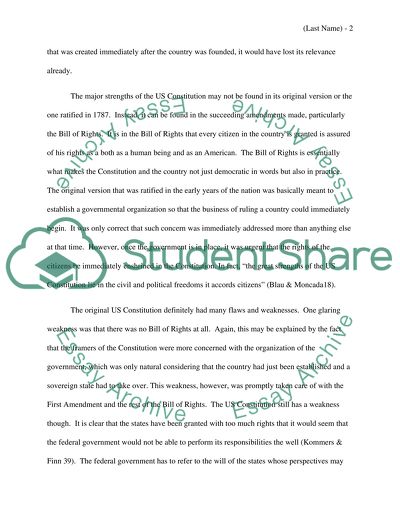Cite this document
(“Views on the U.S. Constitution Research Paper Example | Topics and Well Written Essays - 1250 words”, n.d.)
Retrieved from https://studentshare.org/history/1444094-constitution
Retrieved from https://studentshare.org/history/1444094-constitution
(Views on the U.S. Constitution Research Paper Example | Topics and Well Written Essays - 1250 Words)
https://studentshare.org/history/1444094-constitution.
https://studentshare.org/history/1444094-constitution.
“Views on the U.S. Constitution Research Paper Example | Topics and Well Written Essays - 1250 Words”, n.d. https://studentshare.org/history/1444094-constitution.


